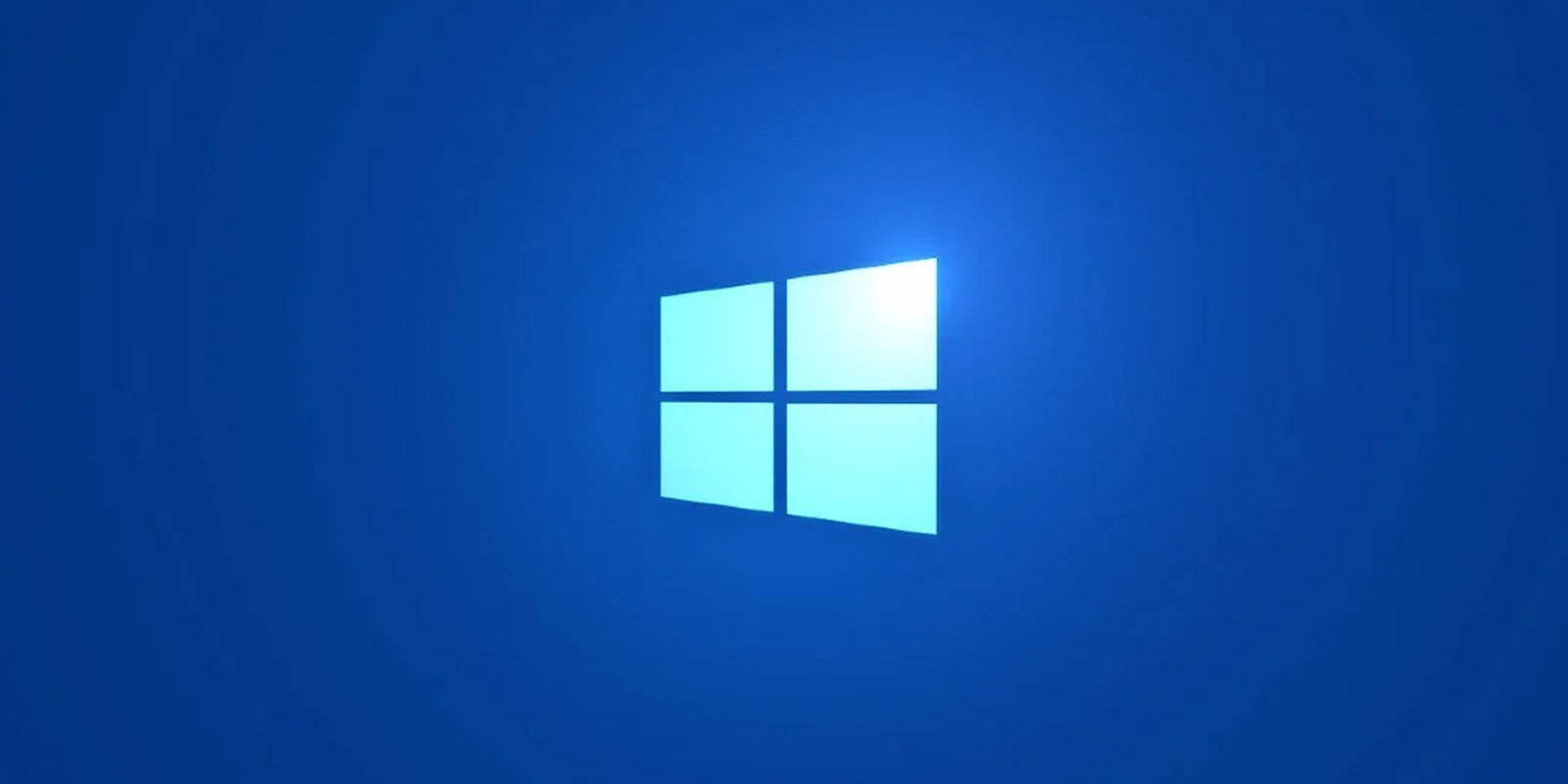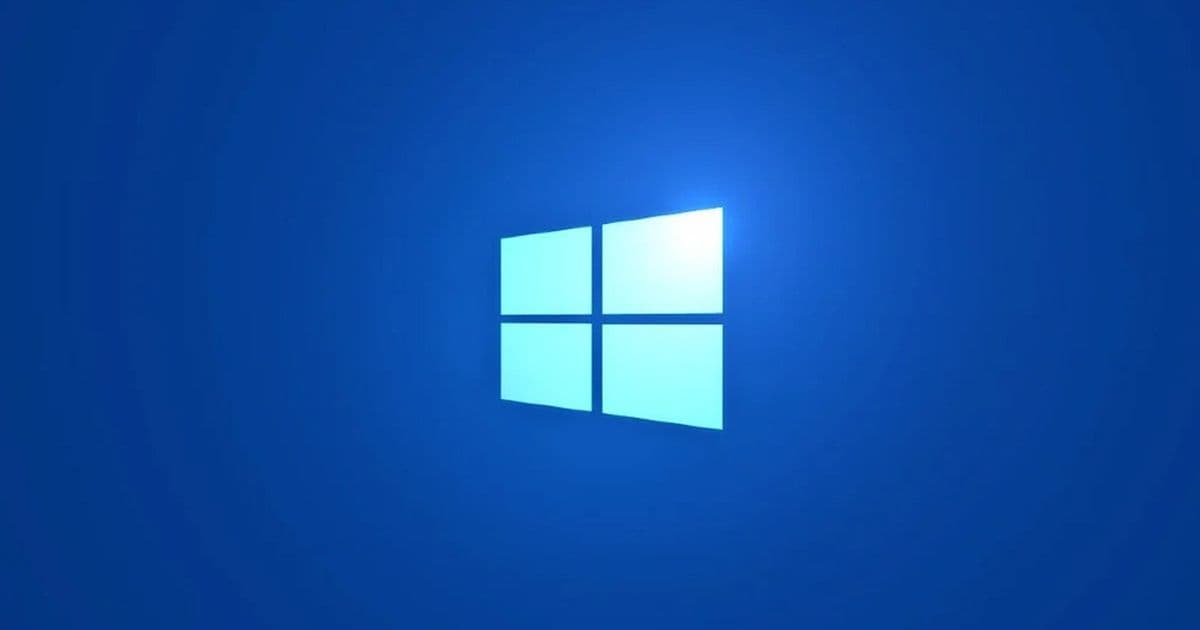Microsoft is probing a critical bug causing the first Windows 10 Extended Security Update (ESU), KB5068781, to fail installation with 0x800f0922 errors on corporate-licensed devices. This issue, affecting businesses using Microsoft 365 Admin Center activations, threatens timely security patching for aging Windows 10 fleets. With no fix or workaround in sight, IT teams must navigate these hurdles to maintain compliance and security.
Microsoft Investigates Windows 10 ESU Update Failures: What Businesses Need to Know About KB5068781 Errors
As Windows 10's end-of-support date looms, Microsoft rolled out its first Extended Security Update (ESU) on November 11, 2025, via KB5068781. This update promises critical security patches for businesses willing to pay for continued protection beyond the OS's official lifecycle. However, early adopters in corporate environments are hitting a wall: installation failures marked by the dreaded 0x800f0922 error code.

The problem surfaced quickly after the Patch Tuesday release. Users managing fleets of Windows 10 devices reported that while the update initially appears to install, it rolls back post-restart, leaving systems vulnerable. 'We are currently experiencing the same issue with this KB5068781 across our managed Win10 devices, despite purchasing and applying the ESU license (MAK key) to all our devices,' shared one IT administrator via BleepingComputer Source: BleepingComputer, November 15, 2025.
Microsoft has acknowledged the issue, confirming it's investigating failures specific to devices activated through Windows subscription activation in the Microsoft 365 Admin Center. 'Some Windows 10 devices enrolled in Extended Security Updates (ESU) might fail to install the November 2025 security update... with error 0x800f0922 (CBS_E_INSTALLERS_FAILED),' the company stated. This error typically signals a problem with the Component-Based Servicing (CBS) system, often tied to corrupted files or activation mismatches.
Why This Matters for IT Leaders
For developers, engineers, and tech leaders still reliant on Windows 10—think legacy applications in finance, healthcare, or manufacturing—this glitch is more than an inconvenience. ESUs are Microsoft's bridge to keep these systems secure without a full migration to Windows 11, which demands compatible hardware. A failed update means unpatched vulnerabilities, potential compliance violations, and heightened exposure to exploits.
Adding to the frustration, some admins note that not all licensed devices are even offered the KB5068781 update, complicating patch management workflows. This isn't just a one-off; it echoes past ESU enrollment bugs that Microsoft has had to emergency-fix, underscoring the challenges of extending support for an OS powering roughly 60% of enterprise desktops.
From a technical standpoint, the 0x800f0922 error often stems from issues like mismatched licensing keys or conflicts in the Windows Update infrastructure. IT teams might troubleshoot by verifying activation status via slmgr.vbs /dli in Command Prompt or running the System File Checker (sfc /scannow), but Microsoft hasn't endorsed any workarounds yet. No ETA for a resolution means businesses must weigh delaying patches against the risks of running outdated security.
Broader Implications for Windows Ecosystems
This hiccup highlights the growing pains of hybrid IT environments where Windows 10 lingers amid pushes for modernization. For DevOps teams, it reinforces the need for robust patch management tools—tools that can detect, deploy, and rollback updates across diverse device fleets without manual intervention. Events like BleepingComputer's upcoming webinar on modern patch management with Action1 (December 2, 2025) could offer practical strategies to mitigate such risks.
Ultimately, while Microsoft scrambles for a fix, organizations should audit their ESU enrollments and prepare contingency plans. The ESU program, now including free options for Europe, aims to ease the transition off Windows 10. But as this bug demonstrates, the path forward isn't always smooth—reminding us that in cybersecurity, even extended lifelines come with their own set of vulnerabilities.

Comments
Please log in or register to join the discussion